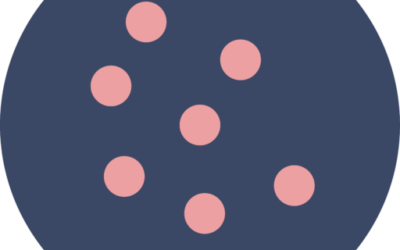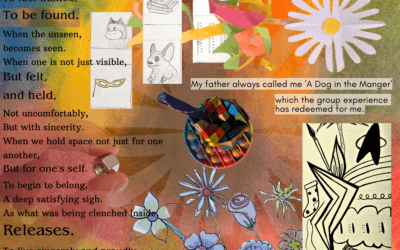Each January, I take some time to reflect on what I want this brand new, unmarred, freshly made New Year to bring. Will I push myself further...
INFORMATION FOR EVERYONE
![]()
CONNECTING
THE
DOTS
articles, resources, information, research findings, quizzes, it’s all here

Information chaos is a state of having too much information, not enough information, hard to access information, and just plain wrong information. The information landscape for Autism (ASD) and AD(H)D (Attention Deficit and Hyperactivity Disorder) and other kinds of neurodivergence is rife with chaos. It’s hard to know where to look for reliable, accurate information. It’s hard to make sense of conflicting information. And it’s hard to sort out fake facts from facts. At Scattergram, we enjoy diving into the chaos and connecting the dots so that we can provide you with the neurodiverse-affirming answers and resources you are looking for.
Click on the card for specific curated articles and resources on that topic.
Neurodivergent Youth
(12 - 17)
challenges at school, time management & organization, anxiety & depression,
sensory sensitivities,
social isolation, questions around identity
Neurodivergent
& LGBTQ2SI+
exploring sex and gender identity, gender transitioning and affirmation, relationships, coming out, community
Not sure if you are
neurodivergent?
Thought about getting assessed, but wonder if
there is any point? Take our quiz or read more
Neurodivergent Young Adults
(18 - 29)
building a meaningful, authentic life, clarifying values, exploring possibilities for school, work, or creativity, setting goals,
finding love and community
Parents
of a neurodivergent person
letting go while holding on, shifting boundaries, understanding atypical development, it will be alright
How we can help
connect the dots
All our therapists are trained in Scattergram’s A.C.C.E.P.T.
neurodiversity-affirming treatment model
Neurodivergent
Adults
navigating work, relationships & parenting, late diagnosis, masking and unmasking, autistic burnout, values & goals clarification,
financial security, aging
Partner
of a neurodivergent person
couples
neudodivergent/neurodivergent or neurodivergent/neurotypical
Frequently Asked
Questions
Relating to Scattergram’s practice
and neurodiversity
All articles and resources
‘This Group Didn’t Suck!’: When Groups are Neurodiversity-Affirming
'This group didn't suck!' was the best feedback I received at the conclusion of Scattergram’s A.C.C.E.P.T. Group for Neurodivergent Adults >30...
Neurodivergent Voices Dear Dr. Pearl
This article is written by a self-diagnosed Autistic female-presenting person in the form of a letter to the psychiatrist who found her too ‘high-functioning’ to be on the Autism spectrum, and is the first in our series of neurodivergent voices.
Sanctuary Trauma: When Helpers Unintentionally Cause Harm to Neurodivergent Adults
There is a term for what happens when service providers unintentionally do harm to the people seeking their help: Sanctuary Trauma.
The A.C.C.E.P.T. Program
The philosophy of Scattergram, which permeates all of our services and training, is embodied in our trademarked A.C.C.E.P.T. Program.
The Assessment Minefield
The Assessment Minefield, the pitfalls and pluses to getting assessed. We provide resources in this article to find where you can get one.
What is a neurodevelopmental disorder?
Significant changes made to the Neurodevelopmental Disorder section in the DSM-V combined a number of diagnoses into these six categories.
Do I need a diagnosis to identify as neurodivergent?
If you want to explore questions you have about getting a diagnosis and being neurodivergent, you’ve come to the right place.
Not sure if you are neurodivergent?
Could your social difficulties at school or work or in your personal life have more to do with your brain and nervous system than your personality and upbringing?
Our Social Media Accounts
Let us help you connect the dots
At Scattergram we have a process for exploring neurodivergence that goes beyond a checklist of deficits.
















